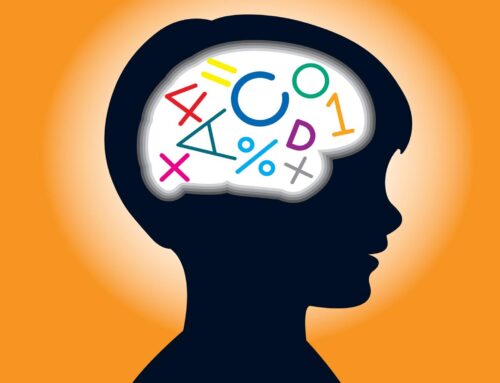Some children have a hard time sitting still. They may fidget or seem restless, and can’t seem to avoid touching everything in sight. They may struggle to pay attention, and although they’re bright, learning may prove challenging. Difficulties with peers may arise as a consequence of their behaviors. For some of these children, ADHD is an appropriate diagnosis. For others, however, there may be a different explanation. Contact the Georgetown Psychology Associates to learn about our comprehensive evaluation services for children.
Sensory, anxiety, and sleep disorders in children can cause similar symptom presentations to children who have ADHD. In order to successfully determine the appropriate diagnosis (or diagnoses), which is essential to proper treatment, a child should receive a thorough assessment by a mental health provider or other qualified professional, including a complete history, thorough clinical interview, and testing measures.
An evaluation by an occupational therapist, or a sleep study may also be indicated. While this process may seem arduous, the long-term benefits of an appropriate intervention far outweigh the short-term inconvenience of a thorough evaluation.
For a child with ADHD, medication and/or behavioral therapy may be indicated. For a child with a sensory disorder, occupational therapy is often the appropriate course. Psychotherapy or family therapy may help a child with an anxiety disorder, and for a child with a sleep disorder, a tonsillectomy may be sufficient for the alleviation of symptoms.
It is also imperative to note that these disorders may also exist concurrently. The proper treatment of one may improve the condition of the other (e.g., treatment of ADHD can lessen the anxiety associated with constantly getting in trouble in school), or both may need to be addressed individually. This further highlights the importance of a thorough evaluation by a qualified professional at the Georgetown Psychology Associates.



